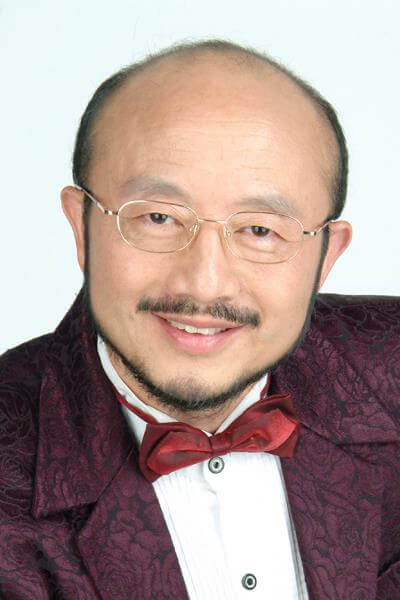
Zao C. Xu, MD, PhD
Professor Emeritus of Anatomy & Cell Biology
- Phone
- (317) 274-0547
- Address
-
NB 214F
ANAT
IN
Indianapolis, IN - PubMed:
-

- CV:
- Download CV
Bio
Academic Appointments
2004 – Present Professor, Indiana University School of Medicine. Department of Anatomy and Cell Biology, Department of Neurology.
2008 – 2019 Director, Confucius Institute in Indianapolis, IUPUI.
1998 - 2004 Associate Professor, Indiana University School of Medicine. Department of Anatomy and Cell Biology, Department of Neurology.
1992 - 1997 Assistant Professor, University of Tennessee, Memphis. Department of Neurology.
1990 – 1992 Postdoctoral Fellow, University of Tennessee, Memphis.
1982 - 1984 Instructor, Guangzhou Medical College, Department of Anatomy, Guangzhou, China.
| Year | Degree | Institution |
|---|---|---|
| 1992 | Postdoctoral Training | University of Tennessee |
| 1990 | PhD | University of Tennessee |
| 1986 | MS | Sun Yat-sen University |
| 1982 | MD | Guangzhou Medical College |
Excitotoxicity is the major cause of neuronal damage in many neurological disorders such as stroke and traumatic brain injury. Imbalance of excitation and inhibition also results in epilepsy. The excitability of the brain is determined by synaptic transmission and neuronal membrane property. The research in my lab is to reveal the role of alteration of neuronal excitability in pathogenesis of neurological disorders. The current projects in my lab:1.Stroke is the leading cause of dead and disability in
The current projects in my lab:
1.Stroke is the leading cause of dead and disability in U.S.. Transient cerebral ischemia results in seletive neuronal damage in the brain. A-type potassium current (IA) plays important role in maintaining neuronal excitability. We have demonstrated that enhancement of IAprotects neurons against ischemia. We are investigating the PKC regulation of IAchannels after ischemia using animal model of transient global ischemia and oxygen-glucose deprivation model of neuronal culture with electrophysiological and molecularbiological approaches.2.Seizure/
2.Seizure/epilepsy is a common sequal of acute neurological disorders including traumatic brain injury. In addition, to study the excitablity change after TBI that might contribute post traumatic epilepsy (PTE), we also investigate the possible role of inflammation factors in PTE using animal model and patients data.